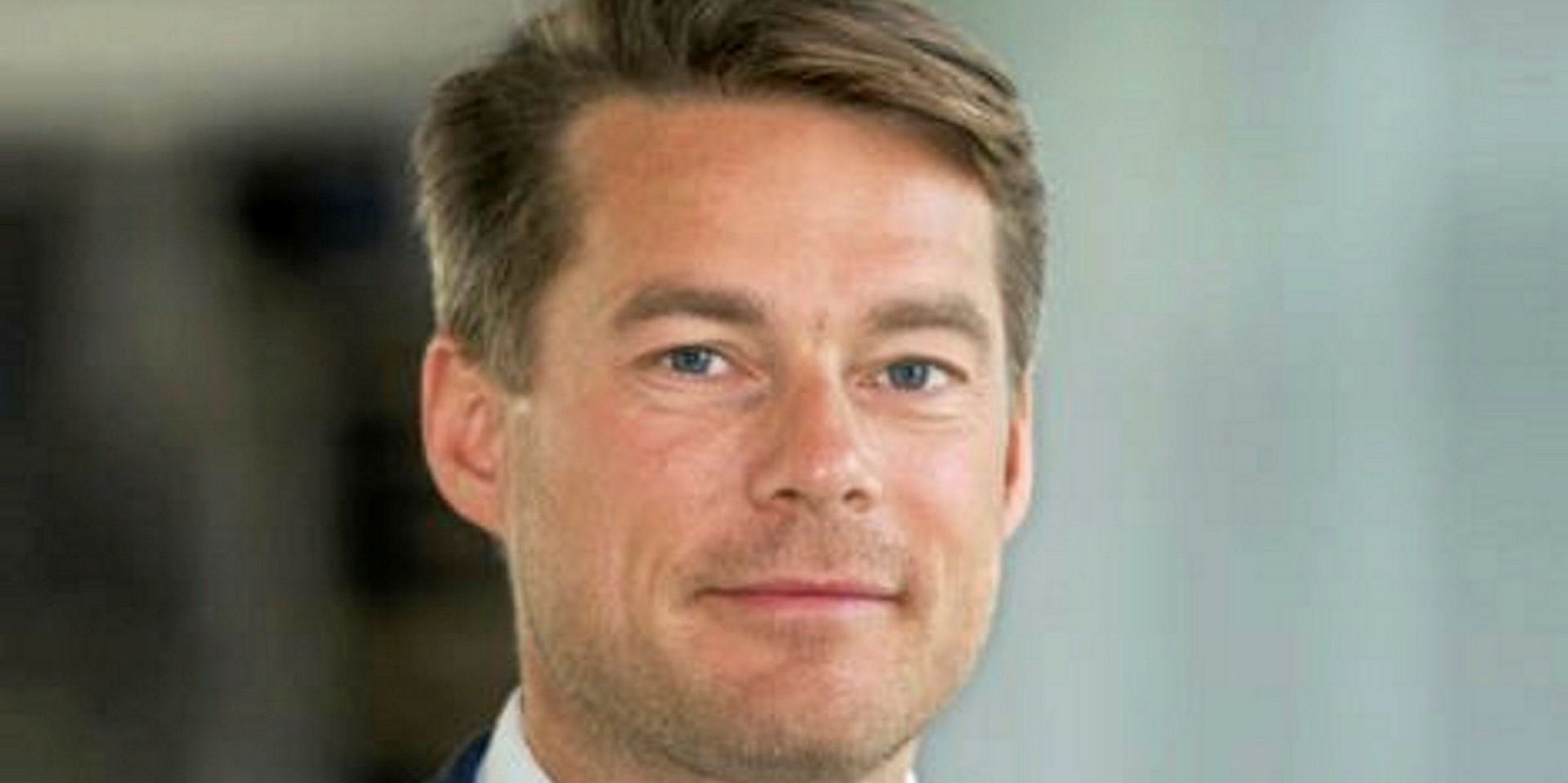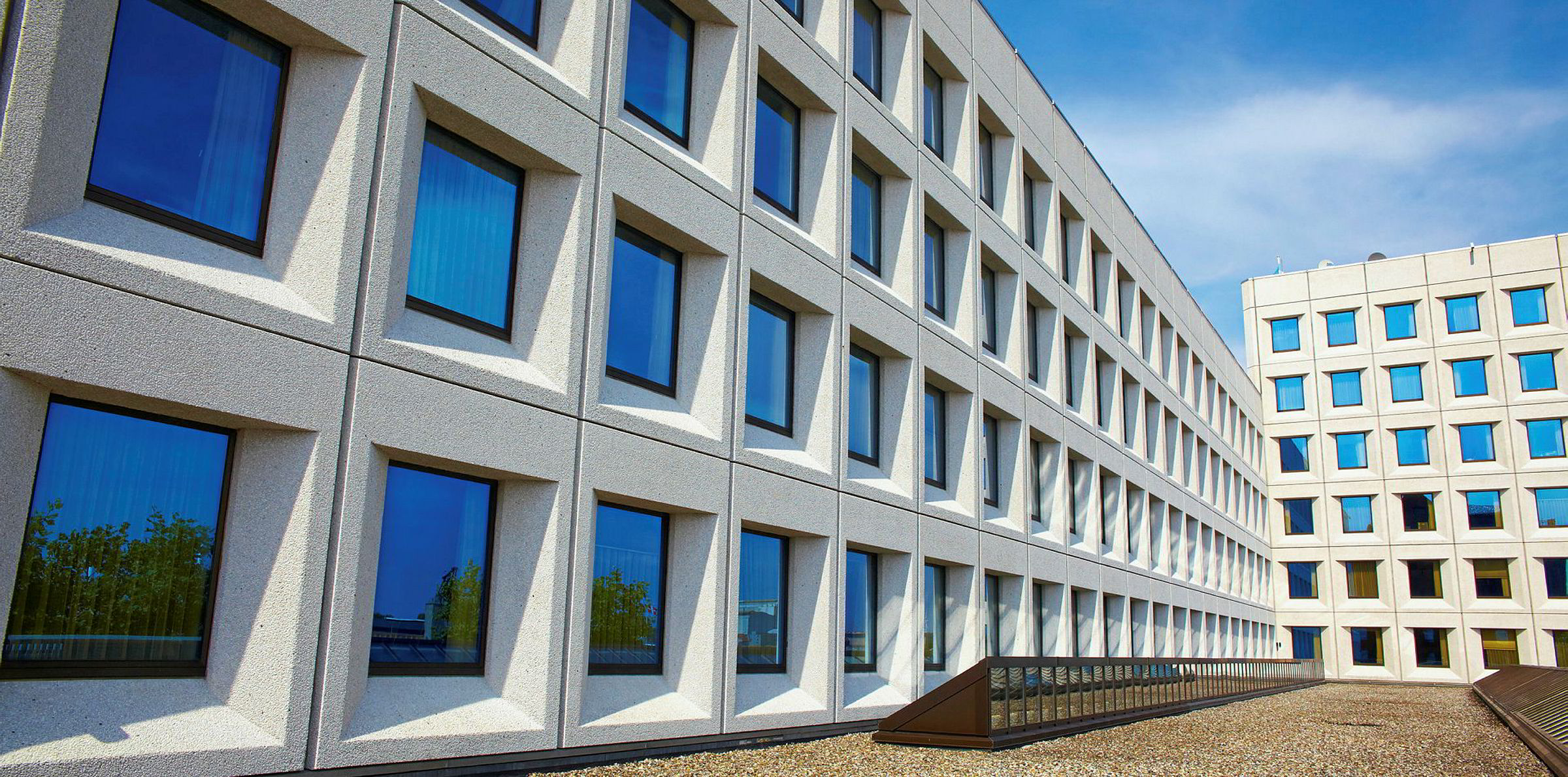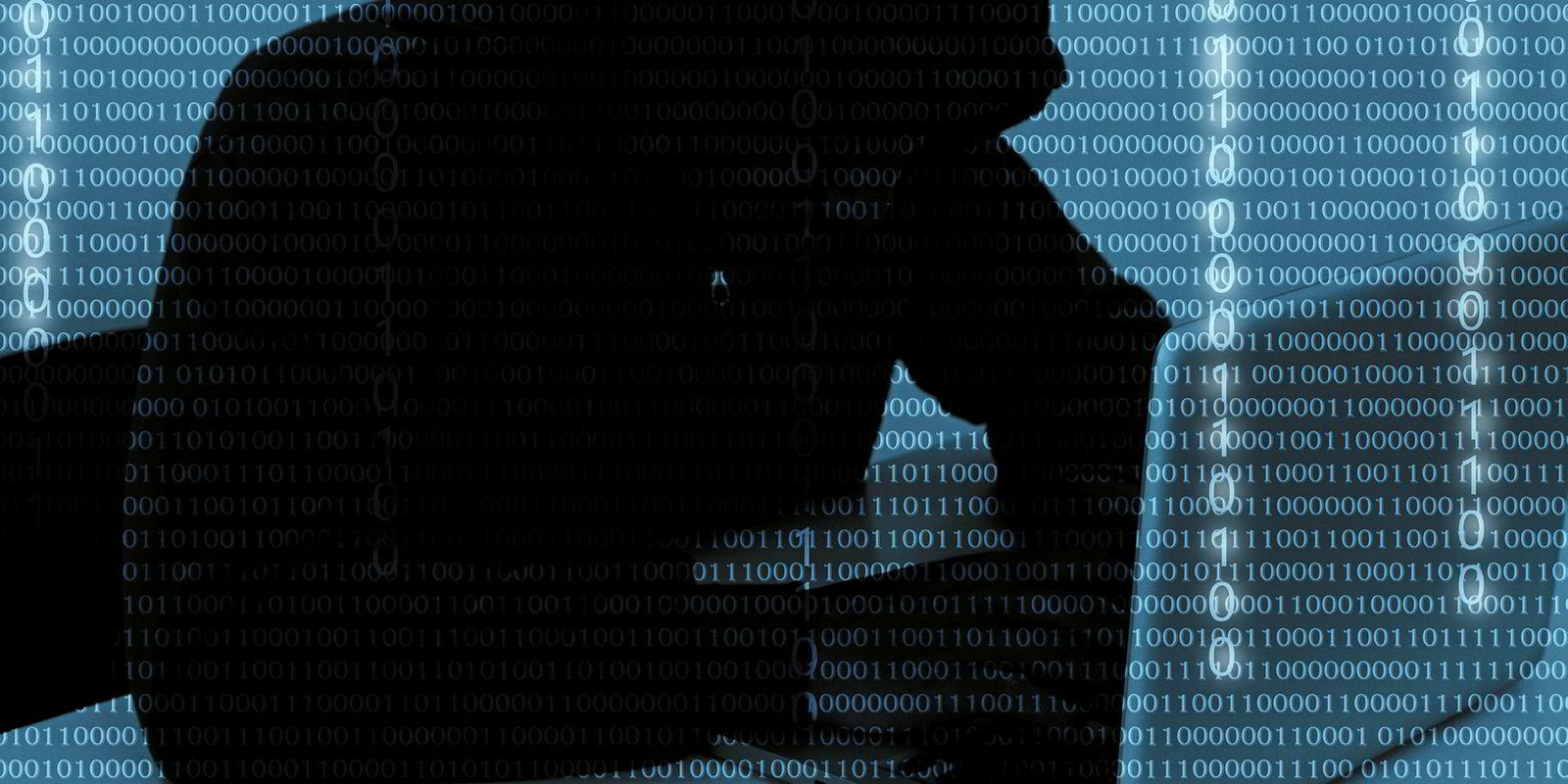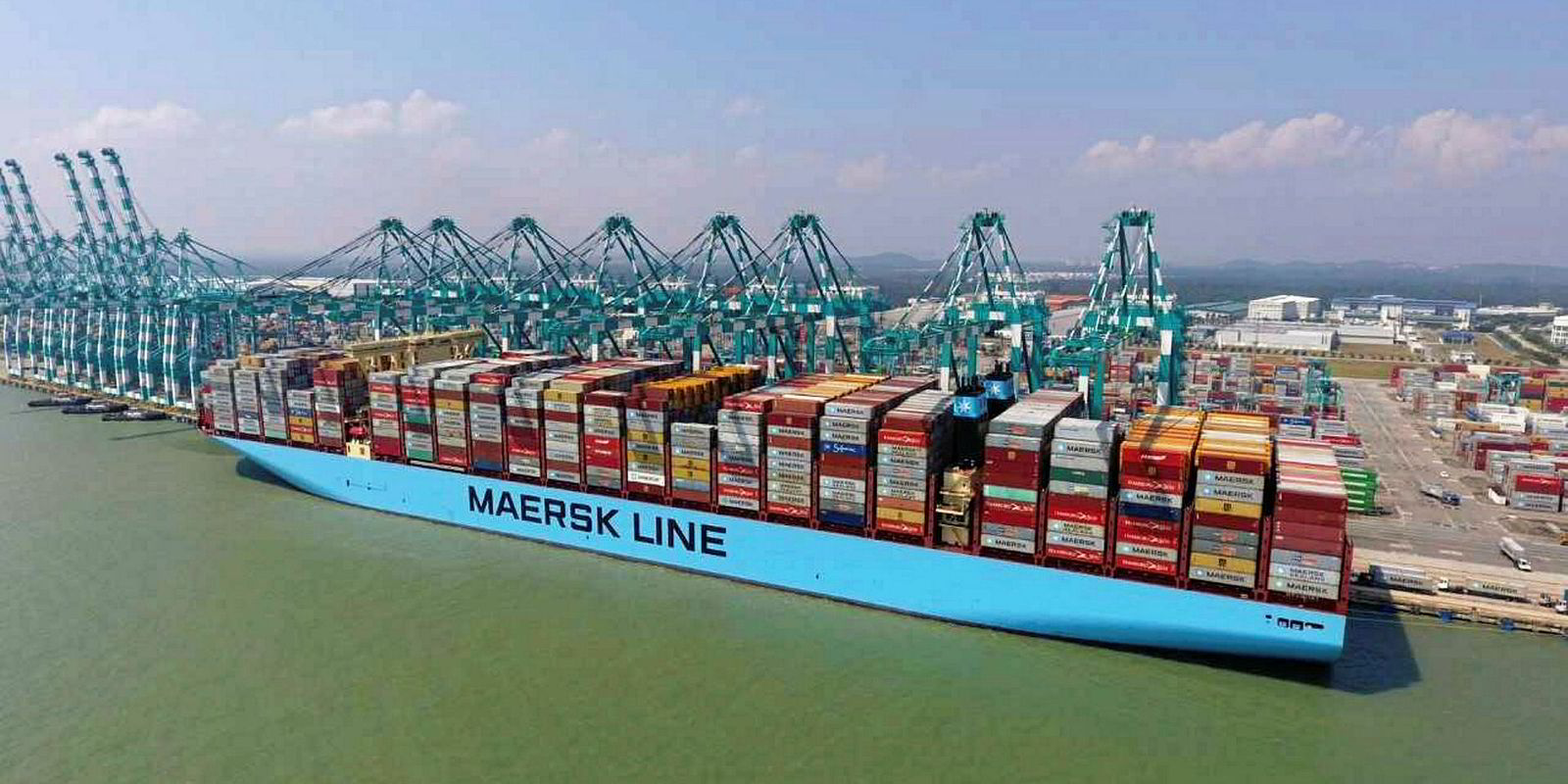The NotPetya cyber-attack that rendered most of AP Moller-Maersk's IT systems useless for weeks in mid-2017 may have actually made the shipping giant a better company.
With this modern infrastructure, we are in fact moving towards cyber security as a competitive advantage
The Danish shipping conglomerate says a $300m revamp of its entire IT infrastructure in the wake of the digital onslaught has made it so secure that it now has the upper hand on its rivals.
"With this modern infrastructure, we are in fact moving towards cyber security as a competitive advantage," spokesman Mikkel Elbek Linnet says.
Chief information and technology officer Adam Banks made a similar claim to a roomful of shipowners, investors and analysts in February at its capital markets day in the Danish capital of Copenhagen.
"Following the cyber-attack, we rebuilt, restored and hardened our IT landscape and our current defences have been penetration tested," Linnet says. "This means we have a very modern and new IT infrastructure in place."
In all, Soren Skou-led Maersk reinstalled 4,000 servers, 45,000 personal computers and 2,500 applications for 90,000 workers in offices across 130 countries.
The company has not disclosed the total cost of the measures aimed at preventing a repeat of the NotPetya attack, which disabled 49,000 laptops, 2,200 applications and file-sharing services, but Maersk is confident in its response.
"While we do not share specific details regarding our cyber-defence systems, configuration, etc, we can confirm that through the rebuilding efforts we have undertaken to recover from the 2017 cyber-attack, we have achieved a significant improvement of security levels and robustness towards similar attacks," Linnet says.
Ransom disguise
NotPetya is a malware designed to resemble Petya ransomware, which demands $300 in Bitcoin per attack to descramble information it has encrypted.
But NotPetya does not seek to extort money. Its true intent is to damage as many computer files in an organisation as possible, migrating between the terminals in a company's IT network.
In total, the NotPetya malware caused about $10bn-worth of damage to companies and government agencies in the US, Ukraine, Russia, France, UK, Norway and Germany.
Linnet says NotPetya also hurt Maersk's brand reputation, but that has recovered quickly as a result of its transparency over the attack with customers.
"As for reputational impact, we saw volumes for Maersk Line recover quickly after our systems and booking functionalities were restored — a testament to the support we received from our customers during the attack," he says.
Maersk has kept customers informed of its cyber security efforts through social media, the press and financial reports, and by openly discussing them at its capital markets day, Linnet says.

"In the past year, we have maintained a focus on dialogue with our customers and other stakeholders on this topic, many of whom have been interested in learning from our response throughout the attack and the lessons learned," Linnet says.
"We value this dialogue and see it as an important part of rebuilding external trust in our ability to withstand cyber-attacks in the future."
Advancing digital
Despite the NotPetya incident, Maersk said in February that it still plans to be "the leader of container logistics" through a $100m plan that began in 2016.
The multi-prong initiative includes forming "digital centres of excellence" and an operations command centre, the company says in a 101-page report.
It also features developing a new my.maerskline.com website and smartphone app that will enable customers to better track shipments and remotely manage containerised cargo.
The company has also created apps with IBM and Microsoft for ship-to-shore information sharing, a Customer360 website for better service and a Global Trade Digitisation platform for blockchain management.
"We want to help drive the digital transformation of the transport and logistics industry," the company says.







